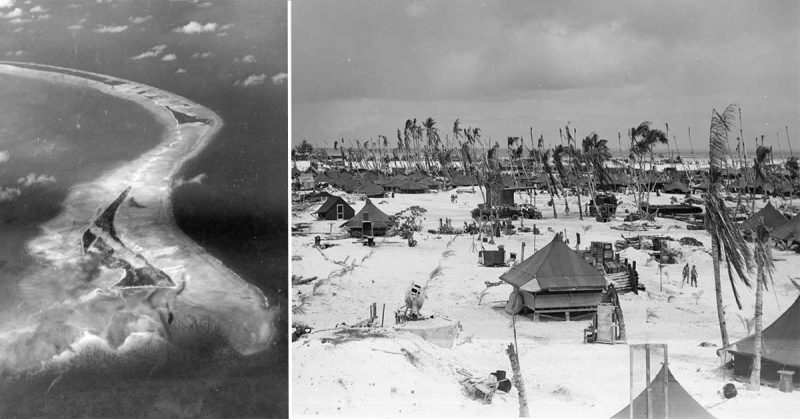The Defense POW/MIA Accounting Agency (DPAA) recently stated that the remains of Marine Pfc. James S. Smith, 19, of Liberty, Mississippi, will be buried in his hometown. Smith’s remains had been unaccounted for since World War II.
In November 1943, Smith was posted to Company C, 2nd Amphibious Tractor Battalion, 2nd Marine Division, which faced stiff Japanese resistance in an attempt to secure the small island of Betio in the Tarawa Atoll of the Gilbert Islands.
Approximately 1,000 sailors and Marines and were killed and more than 2,000 wounded over several days, but the Japanese were almost annihilated. Smith died the first day of the battle, Nov. 20, 1943.
Despite the substantial casualties, military success in the battle of Tarawa was a substantial victory for the U.S. The Gilbert Islands was the springboard for the U.S. Navy Pacific Fleet to launch assaults on the Marshall and the Caroline Islands to advance their Central Pacific Campaign against Japan.
Eighteen of the 20 casualties occurred on the first day. Smith’s casualty card initially listed him as missing in action and did not list burial data. Based on the prolonged lack of information regarding his whereabouts, the Navy made a presumed finding of death.
In June 2011, History Flight, Inc., a non-governmental organization, alerted the DPAA that on Betio Island they discovered a burial site. In 2012 Joint POW/MIA Accounting Command (now DPAA) team unearthed the site and recovered three individual sets of remains.
To identify Smith’s remains, scientists from DPAA used indirect evidence and a laboratory investigation that included and anthropological and chest radiograph comparison analysis and dental comparisons, which matched Smith’s records, Defense POW/MIA Accounting Agency reported.
Of the 16 million Americans who served in World War II, more than more than 400,000 Americans died during the war of the 16 million who served in the Second World War.
